Digging up a legacy
Junior bonds with dad through fossil collecting
Junior David Howe stands in front of a shelf of fossils he and his dad have collected. He holds up a fossilized fish that his dad will be selling.
A young boy digs his shovel into the dirt by the creek. He searches for a flash of white bone from a prehistoric fish or the spiraling curves of an ammonite to reveal itself from the thick mud. Once he finds something, his dad instructs him how to gently clean it. Finally, he reveals a fossil, and it is the first of many.
Junior David Howe has spent his free time since age 1 going on fossil collecting trips with his dad. He is involved in extracurriculars including playing french horn in band and Science National Honor Society. Howe is planning to study mathematics and get a degree in education at University of North Texas.
“I want to teach math,” David said. “If the teaching doesn’t work because you get paid like two cents an hour, then I have the [mathematics] degree to fall back on.”
Howe’s dad Kris is a construction manager and realtor, but paleontology is his hobby and passion. Kris has been fossil collecting for 40 years now and started taking David and his brother when they were 1 or 2 years old.
“I don’t know how my dad finds the places,” David said. “But we just drive somewhere with tools and buckets and we look around for stuff that may look like a fossil. You test it to see if it’s a fossil or just a weird looking rock.”
David plans to keep up his paleontology hobby. The first dig he remembers was when he was 5 years old when they found a creek to look for ammonites and shark teeth.
“It is great seeing David develop an interest in all of the sciences, especially paleontology,” Kris said. “He first started going fossil collecting with me when he was 1 year old. This summer he helped discover and excavate a 13-foot long crocodile that is 52 million years old.”
David and his dad have found other interesting fossils, including the oldest known fossil bird in North America. Paleontologists studied the bones and determined they were from a new species they named at the Perot Museum and were determined to be from a brand new species they called Flexomornis howei, named after Kris. The rocks where these fossils were discovered are 95 million years old.
“The bird find was a different dig altogether,” Kris said. “It involved prospecting an area for delicate fossils that were eroding out of soft mud-stone on a hillside. In this location, if you dig for the fossils, you ruin them before you can even see them.”
Fossil digs are typically hot, dry and dirty or cold, wet and muddy. Some digs include long walks through fossil-bearing badlands while others are focused on a single area where one works a quarry for fossils.
“Each has its own challenges and excitement,” Kris said. “Our last dig was in a quarry on a mountaintop in Wyoming where we spent 10 hours a day splitting huge slabs of rock with chisels searching for fish and other animals that were buried in a freshwater lake 52 million years ago.”
This upcoming summer, David and his dad are going to a rock query in Wyoming to dig for fossilized fish. David said his parents have encouraged him to keep working hard and just be himself.
“I hope he grows to become a Godly man who shares his love of science with others, inspiring them to greater achievements and further knowledge,” Kris said. “That’s an easy hope, because he’s already well on his way to becoming that man.”
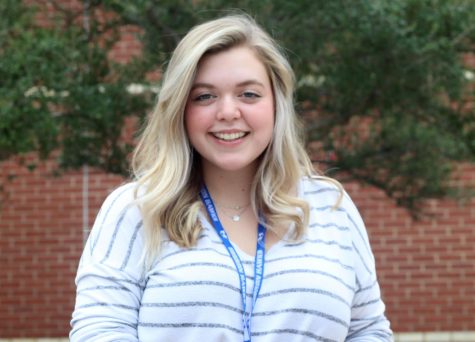
Senior Hailey Dirks is the Managing Editor and this is her second year on staff. In her free time, she loves reading, listening to music, painting and...



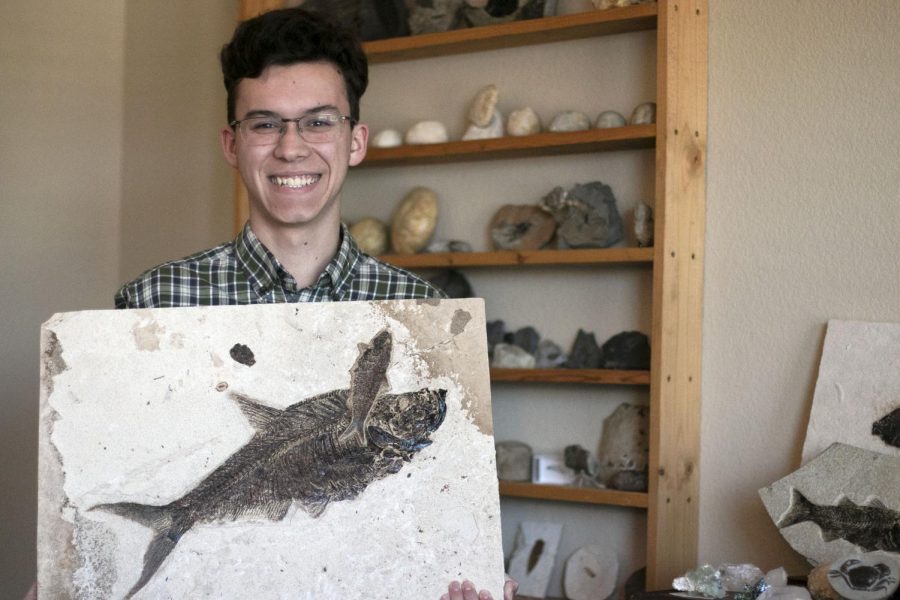

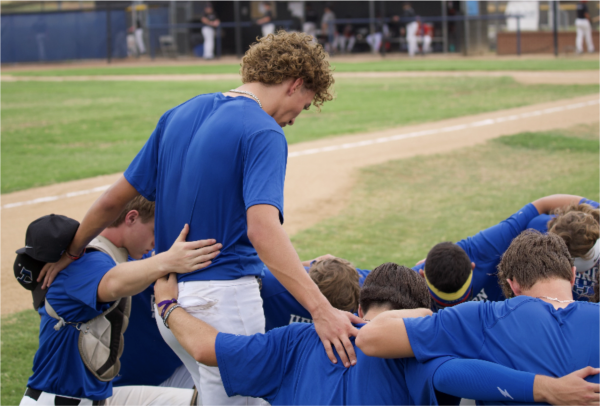
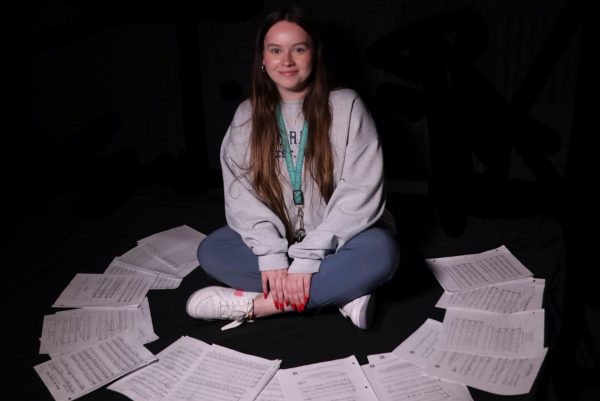
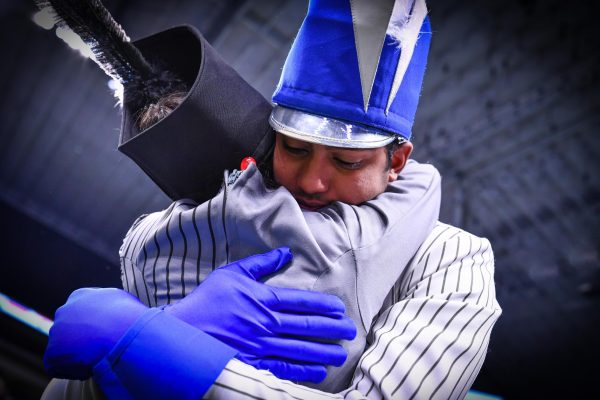
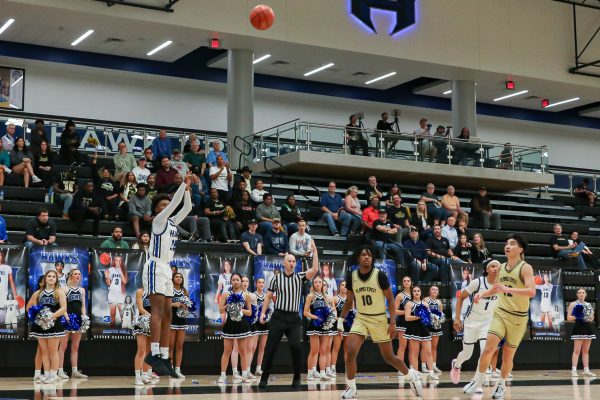

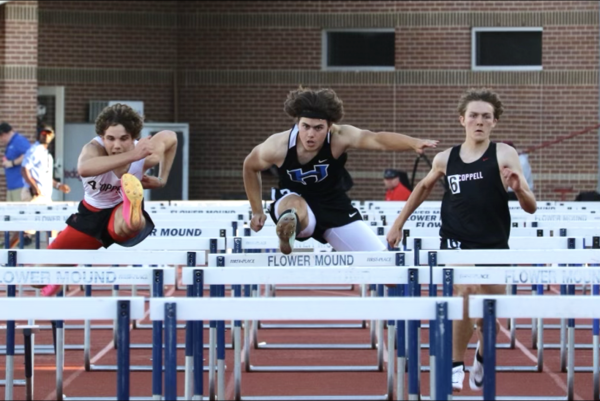
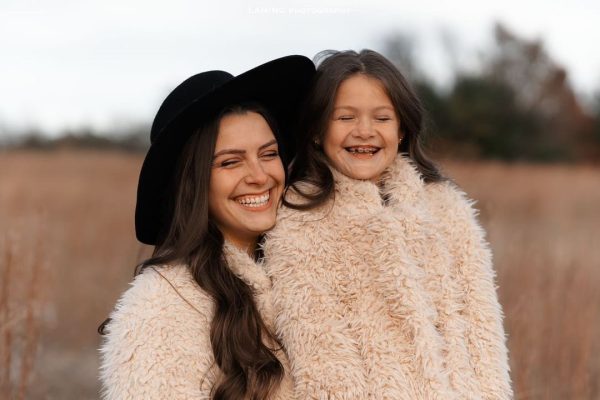
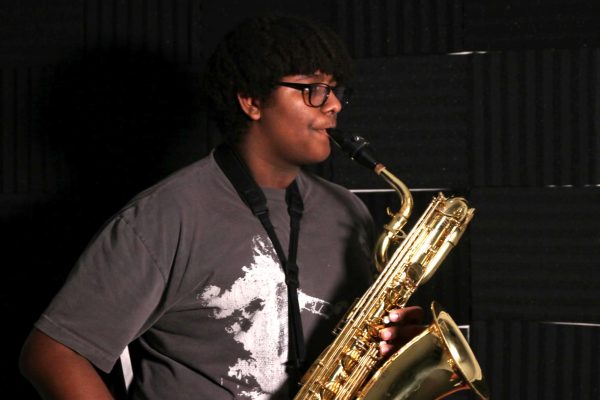

Cal Logan • Feb 29, 2020 at 5:07 PM
Hailey Dirks is the best most honest reporter this nation has ever seen. If she doesn’t become the editor of chief of this newspaper then I’m quitting! This girl is going to lead our nation out of the hole were in! if she doesn’t run for president then were all screwed!